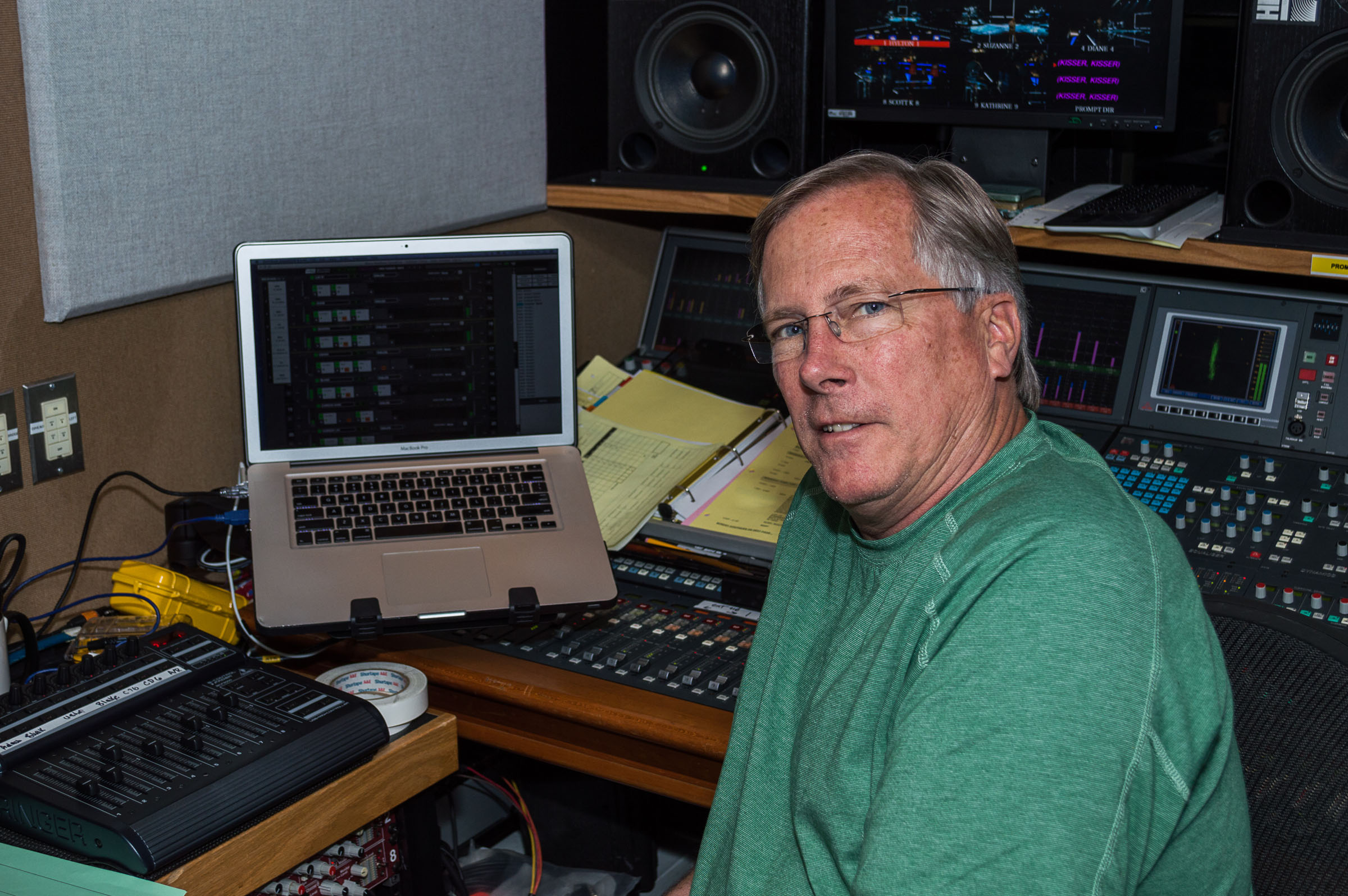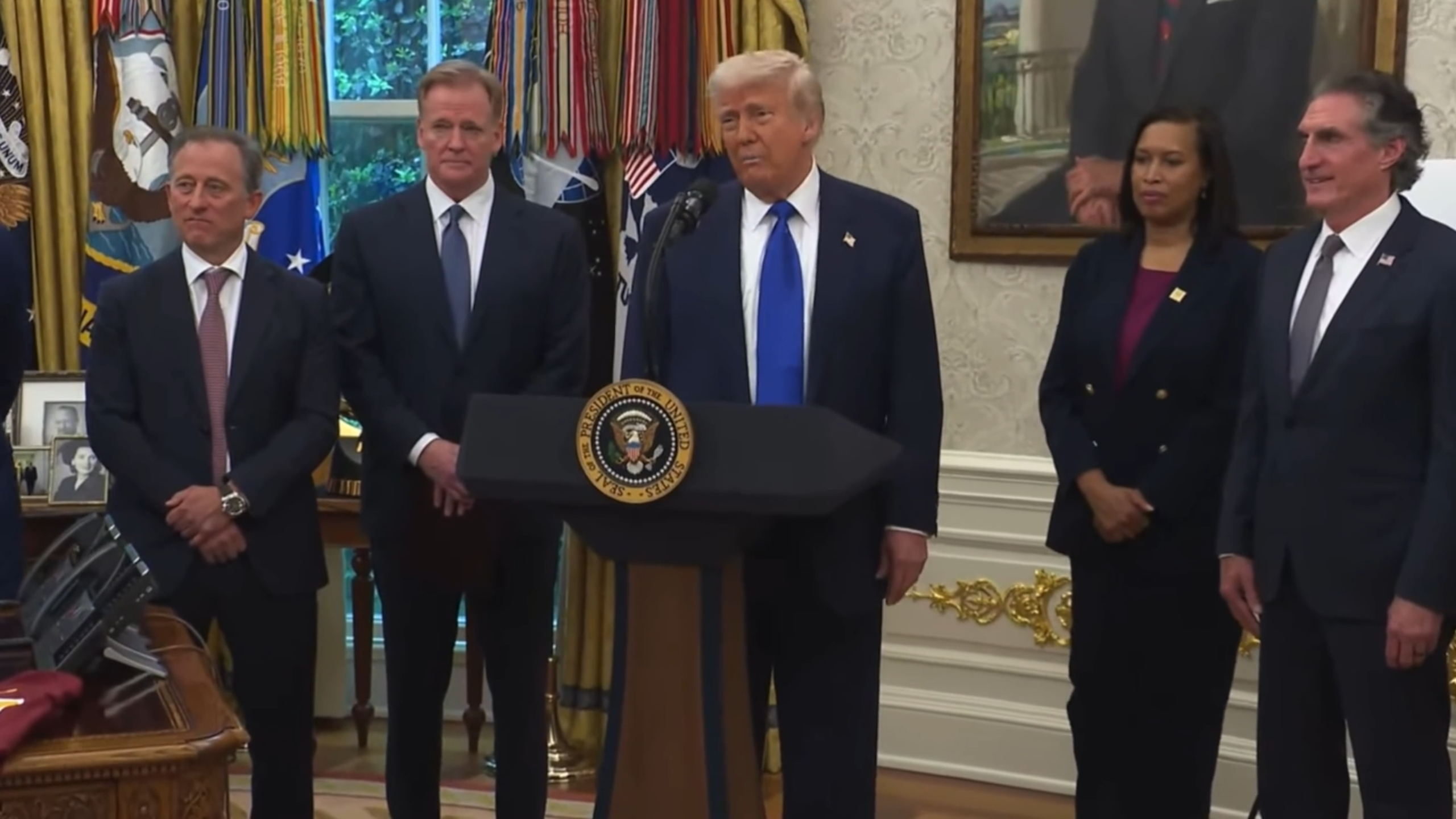Broadcast Production Mixer Michael Abbott Uses Waves MultiRack SoundGrid® and Plugins on NBC’s The Voice
TEL AVIV, ISRAEL, June 16, 2014 — Broadcast production mixer Michael Abbott (NBC’s The Voice)is part of a growing trend of live and broadcast audio professionals using tools from Waves Audio’s WavesLive division (http://www.waves.com/live-sound), a leader in all live sound market segments and an innovative developer of solutions for live platforms. As The Voice entered its live performance phase, leading up to the crowning of winner Josh Kaufman in May, Abbott inserted the Waves SoundGrid® processing platform and Waves MultiRack with plugins into the show’s vocal microphone signal chains, running them through a Calrec Alpha console. By using Waves plugins on the microphones used by the judges, host, contestants and guests on the Emmy®-winning TV talent competition, Abbott was able to significantly improve the clarity and quality of the live broadcast audio.

“I typically mix in environments that have a very high noise ambient floor (HVAC, fans, etc.), so you have to utilize these tools,” says Abbott, whose resumé includes American Idol, Shark Tank, Survivor,Rising Star, The X Factor, and productions such as the annual GRAMMY® Awards. On The Voice, with Hugh Healy, NEP Denali broadcast systems engineer, Abbott integrated the redundant Waves SoundGrid server, together with an eight-fader MIDI controller, into the company’s Denali Silver truck. Abbott mixes the production’s audio elements, and the music mix is created by Randy Faustino in his Creative Sound Solutions mobile production vehicle parked nearby.
Abbott selected the SoundGrid system following discussions with Brian Riordan, owner of Levels Audio Post in Hollywood, who mixes the audio for the preliminary episodes of The Voice. “For the five live weeks, we try to create the same kind of sound-field as the posted shows, which is the majority of the season,” says Abbott. “What SoundGrid has allowed me to do is emulate the intelligibility and crisp sound Brian has in his post-production mix and transfer it to a live broadcast environment.”
Abbott previously used five outboard noise processing hardware units on the lavalier mics worn by Adam Levine, Shakira, Usher and Blake Shelton — the celebrity judges on certain seasons of The Voice — plus the contestant’s handheld mic. Now, through the judicious use of Waves plugins, Abbott has been able to significantly clean up the singing and dialogue channels by controlling the levels of the enthusiastic audience and reducing noise from the air conditioning and loud on-set equipment which was leaking into the live microphones.
“For instance,” he says, “for Shakira’s track, I have two Waves Noise Suppressors on her mic. I use the first WNS to control noise from 100 to 1200 Hz. I filter a second WNS on the same track starting at 1,200 Hz — a pass-through from the first WNS — on up to 9 KHz cycles. I don’t need all the spurious high end; there’s some severe high-end hisses and transients on this stage.”
Abbott has MultiRack mapped to hot buttons on his MIDI controller for quick access to the microphone channels being processed. “The exciting thing about MultiRack is that it’s also given me the ability to use plugins to warm things up,” he says. “I had a Waves Platinum bundle that I applied to SoundGrid. I’m using API 550s on the front end of the mics. The C6 Multiband Compressor is a spectacular tool, too. I also utilized the CLA-76 compressor/limiters; the 76 emulation smooths out the peak transients. I’ve only scratched the surface with what this system can do.”
The biggest challenge is host Carson Daly’s handheld mic, Abbott reports. “There’s no way I can put a lav mic on him. But with that presence of a hand mic in a live environment, and with four coaches who want to speak spontaneously, I had to use the Dan Dugan E-1 automixing hardware. Now I use the Waves Dugan Automixer in SoundGrid.”
The voice-activated Waves Dugan Automixer plugin automatically controls mic gains, reducing interference from adjacent mics and attenuating background noise. Andrew “Fletch” Fletcher, the show’s front-of-house mixer, also employs the Dugan Automixer and WNS plugins on a DiGiCo SD7 console to prevent unwanted coloration from the house PA system from getting into the microphones and adversely affecting Abbott’s broadcast mix.
Abbott did not originally plan to implement SoundGrid until the next season of The Voice, which is scheduled to open in Fall 2014 on NBC. But he and Healy were so impressed when they were evaluating the system that they decided to try it. “We really didn’t have the intent to put it in place, but we rolled the dice after quite a bit of vetting — overall it’s been very robust. Hugh and I were both stunned by how seamless the transition was,” he reports. Not that Abbott had any real concerns about getting the system up and running: “I have used Waves’ Tech Support with very fast responses. Their support has been phenomenal.”
Visit http://www.waveslive.com for more information.
Get the TV Tech Newsletter
The professional video industry's #1 source for news, trends and product and tech information. Sign up below.
